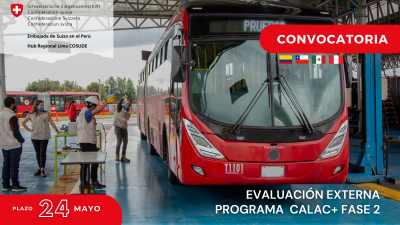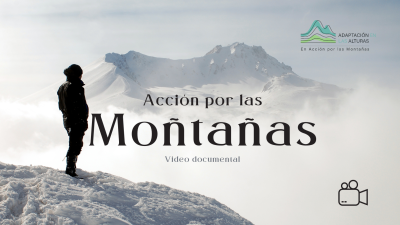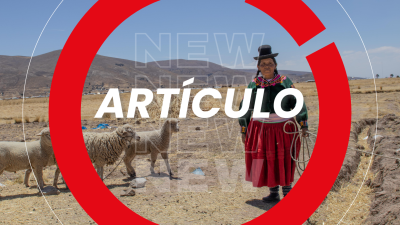The highlight of this chronicle is the reception at the Swiss embassy on Tuesday evening. Wednesday was a busy day for SDC with the High-level panel on water diplomacy and the session on Sustainable Sanitation Solutions for Refugees and displaced persons. Here is a short summary of the sessions we attended:

High-level panel on water diplomacy – Leaving no one behind
Nadine Fragnière
Panelists: Guy Bonvin, Muna Luqma, Alier Oka, Christian Leffler, Jennifer J. Sara, Dr Shamila Nair-Bedouelle and Dr Fadi Comair
The 2019 High Level Panel on Water Diplomacy focused on the role that water diplomacy could play in linking different agendas such as water and peace, human right based approaches in particular in the case of refugees and institutional building. Transboundary examples from Lebanon and Syria and Central Asia were discussed highlighting the benefits of cooperation. The panel gave concrete examples from their expertise areas. Key issues from the discussion:
- Even when there is access to water, people could not afford it in crisis situation (example from the Yemen context)
- Need for a holistic approach in crisis contexts that goes beyond the water sector and take into account food security, climate change and economic stability
- The funds available should not only go to political authorities (which are often cross-sectoral entities) but should be targeted to specific sector and actors for real impacts on the ground
- There is a big gap in human resources in the energy and water sector. Therefore, it is really important to include and educate the young generation
- Listening is a key enabler for cooperation. We should be elephants with big ears rather than crocodiles with big mouths.
Sustainable Sanitation Solutions for Refugees and displaced persons
Co-convenors: BORDA, UNHCR, UN-Habitat, Sandec at Eawag and Swiss Development and Cooperation (SDC) – Humanitarian Aid
Gilbert Monnard
Only 17% of the world’s 70 million refugees and displaced persons have access to safe sanitation. Early investments in refugee camps’ infrastructures are repeatedly thought as temporary solutions to temporary problems, without considering longer term sustainability, yet the average lifespan of protracted crises is greater than 20 years. Thus, inadequate investments turn, over time, into very high operational costs for such camps, reporting an additional burden on host governments. Transition to longer term sanitation solutions must be planned from the beginning of an emergency. In practice:
- Support authorities to host refugees in urban areas, moving away from encampments
- Factor in environmental protection, public health, sustainability, social acceptability and options for reuse, aiming at the lowest long term operational cost
- Consider networked solutions -great opportunities exist to look at networked options
- Support the inclusion of refugees within national services, SDG development plans, policies, strategies and financing mechanisms
- Allocate funding to programs systematically benefitting both refugees and host communities.
Finally, referring to the close correlation between media attention and the willingness to donate money, Burt Murray, UNHCR stated: “Why not use this to our advantage and invest in more long-term, sustainable solutions from the outset ? That way we spend the money when we have it and as a result of proper systems being put in place, the operational cost over time will be significantly lower”.
National use of GLAAS data to improve WASH sector performance
Kenneth Peralta
The Global Analysis and Assessment of Sanitation and Drinking-Water (GLAAS) was launched as an instrument for national use to improve WASH sector by four objectives:
- Monitoring the inputs required to extend and sustain WASH systems and services to all, especially the unserved and disadvantaged groups.
- Supporting country-led process that brings together the many institutions and actors that are involved in delivering WASH services.
- Identifying drivers and bottlenecks of progress, highlight knowledge gaps and assess strengths and challenges across countries
- Collecting data from countries and external support agencies
- As a key message for the audience is that de GLAAS process does not stop at submission
Missing billion: What is needed for disability inclusive WASH
Gilbert Monnard
Persons with various forms of disabilities represent 15% of the global population. Access to basic services represents specific challenges and disadvantages for them: Despite some progress, disability inclusive WASH still remains a neglected area of our focus. Required improvements include:
- Baseline survey: Thoroughly map out all existing disabilities within concerned populations, with special attention to those invisible, hidden away
- Consult and establish strategic partnerships with the right disability women & children organizations, even the small, local ones
- Include these organizations both in program designs and on the ground
- Ensure inclusive budget allocation
- Base advocacy work on comprehensive statistics and data
- Condition WASH project funding to abovementioned components.
Mr VK Madhavan, WaterAid, mentioned the case of a restaurant chain in India that employs people with disabilities at various front desk, customer service positions -in effect transforming a taboo into the new norm.
FOCUS ON THE AMERICAS: Unlocking finance for “leaving no one behind” in the Americas
Kenneth Peralta
The dynamic session starts with short presentations showing the gap in the provision of sanitation services in the Americas and the linkage with level of funding needed. The results of the sector survey says that:
- Knowledge about financing has to be improved.
- Existing weak partnership between civil society and other stakeholders.
- Policy framework does not support WASH finance.
- Lack of capacity or resources to implement WASH financing.
- Less than expected number of bankable projects in the WASH sector.
- Insufficient technologies to meet water and sanitation needs.
- Scalable models do not exist.
The panelists emphasize that biggest challenge is to work on capacity building to all stakeholders engaged in WASH sector.








